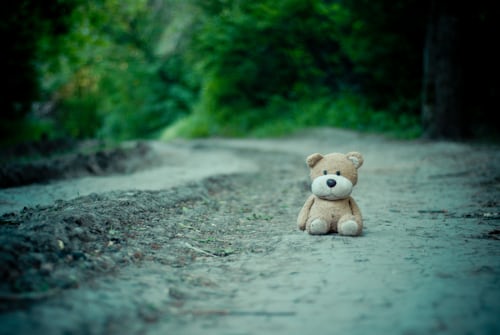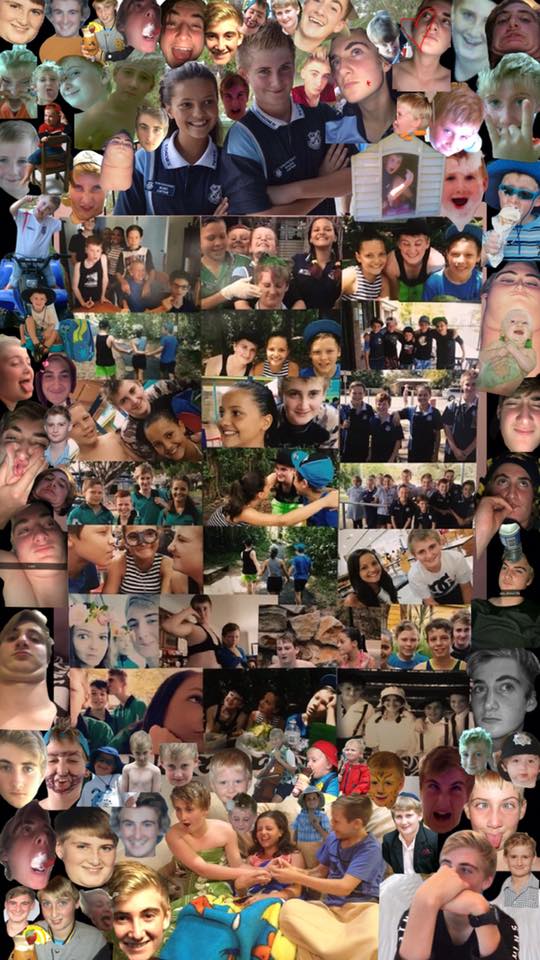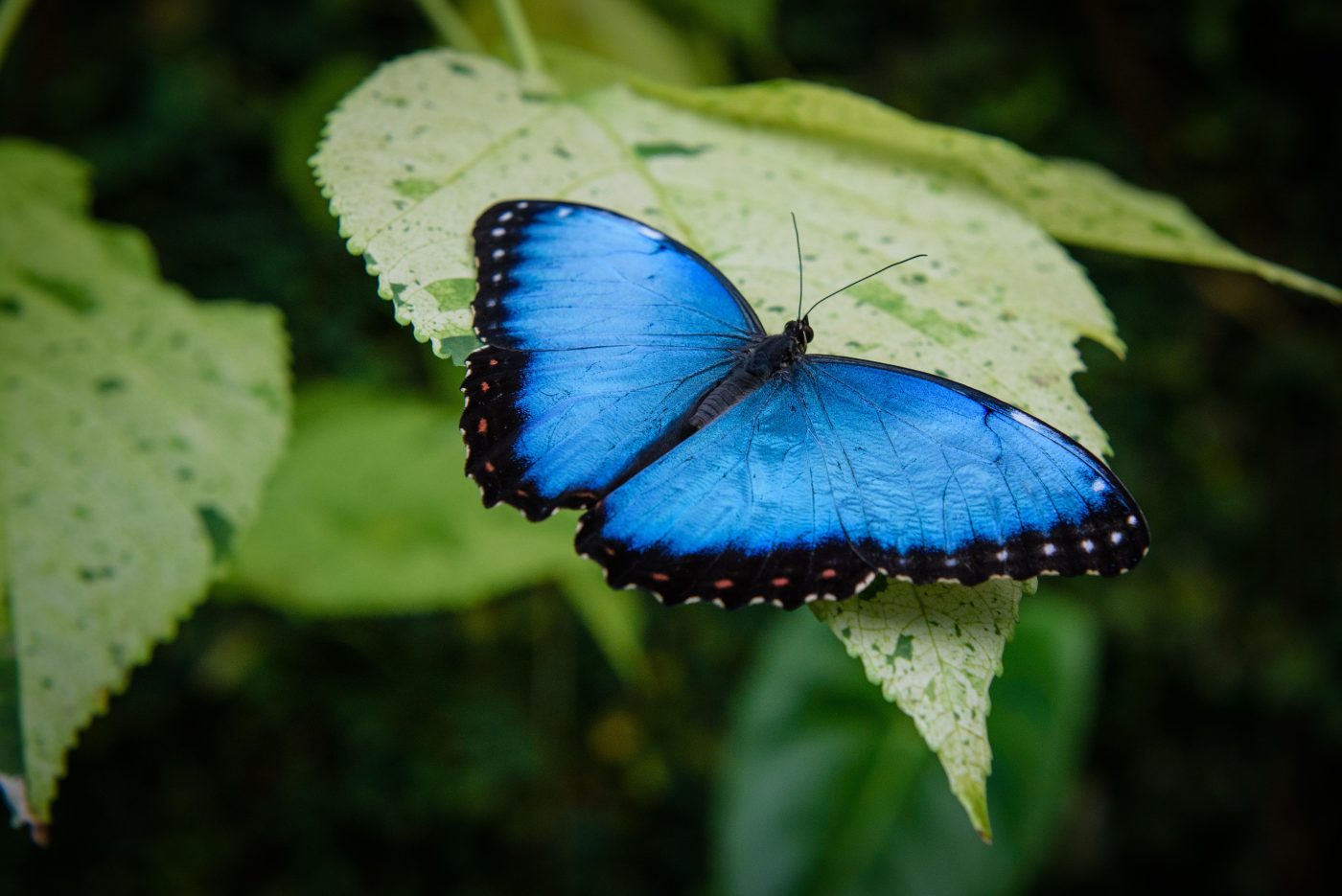Today is Dying to Know Day. Yes, it’s a thing 😊, but if you’re anything like I was you have probably never heard of it. I won’t go into detail, you can click on the link to find out more, but I do want to share it’s significance.
Dying to Know Day is an annual campaign held in Australia on the 8th of August, but is often carried out over the whole month. It is designed to encourage people to start conversations about death and dying.
I know many of you have probably just thought, ‘Okay that’s just weird, creepy and morbid and I’m going now…goodbye!’ and I completely understand your reaction. Yes, World Donut Day (June 1st) does sound a bit more appealing, but stay with me for a moment.
There is so much we don’t talk about, around death and dying. This of course includes what happens after we pass. Depending on your belief a multitude of things can or don’t happen and there seems to be a variety of places we can go or none.
I guess a point to remember here is, for those that have died, none of this matters anyway.

It is only those that are left behind that have the questions, regrets and the memories, the heart ache and the loss.
I don’t need to justify myself here (but I will). Please don’t think that I am some crazy lady who just loves talking about death – I don’t! What I do love is talking about are those that have passed and the impact they continue to have on the people left behind.
And, I am a firm believer that these ongoing conversations play a vital role in the grieving and adapting process.
So why is it important to talk about this today? Let’s take one real example. My mum died when I was 26, she was 52 years old. When she left us, we had no clue what she wanted and pretty much outsourced everything.
When I think back now, we had no idea if she wanted to be buried or cremated, sent back to Canada or turned into a firework (yes that’s a thing).
If we don’t talk about what we want at our end of life now how will anyone know?

Fun fact: If you live in the USA you can be turned into a bullet after you die! Ah, only in America 🙄
When we lose someone, for a long time afterwards (read it still happens to me nearly four years later), we sometimes mindlessly pick up our phone to call or message them.
My first thought is, ‘Oh Benny would love this one…’ It is quickly followed up with, ‘I already know mum’ and then me thinking, ‘Oh, he already knows 😕’. It’s a hard habit to break...
When the topic of death comes up, our mind almost always jumps to loved ones passed and this is a GOOD thing. I believe that when we speak their name, it keeps a part of them alive.
While I’m here, not wanting to ‘let go‘ isn’t being naïve or living in denial. (NB. I am not talking about complicated grief ). It IS about taking as much time as you need to try and comprehend what has happened. It’s about figuring out how the f*k you are going to keep going!
Sometimes we just need to focus on getting through the next minute before we can think about the next day or the next month. Next year is not even on the radar!
The other thought that often comes to mind when we talk about dying is our personal affairs and a Will.
Fun Fact: 45% die without a will. This means 55% have a will.
Whilst it is really important to have a Will if YOU want to decide who gets your assets, you need to remember that YOU ARE NOT YOUR STUFF!
Just a note on the Will, if you don’t have a valid one when you die, the Intestacy laws (read – strangers who don’t know you), will determine how your assets (stuff) are distributed. And it’s ALL of your assets – think bank accounts, real estate, cars, business collateral, personal items etc.
As a side note, it’s kind of interesting that considering the majority of us don’t want to talk about death or dying, 55% have a Will. I can’t help wondering if this is a reflection of our society and lifestyles in that we prioritise what we perceive to have monetary value over everything else.
We know that a Will only comes into effect after we die, so what about before you die? What’s important to you? WHO is important to you?
We have spent generations avoiding the topic of death which is probably why a sudden one is so shocking to us. ‘We’ve never talked about it, I’m not ready!’
We will probably never really be ready, but having certain conversations gives clarity around what we want and what we want those left behind to do. It is also a beautiful way of being able to honour our person after they’ve moved on.
Ever heard of an emotional will? Now you have. This is just as important and a space where you can get creative.
Think, putting a book or folder together with your thoughts, photos, or keepsakes, writing letters to be distributed to people you love afterwards, or sharing great grandma’s brownie recipe that was handed down to you.

Trust me, when the money has been divided and the assets distributed, it won’t be the valuable ring or expensive watch that will matter to those left behind. How do I know? Because Ben didn’t have a Will or assets and even if he did, NONE of it would matter to me today.
So, take a minute to think about your life and your death. What is important to you? Who is important to you. If you only had 24 hours left, who do you want to say what to? Don’t leave this until it’s too late. Regret is a powerful enemy, albeit futile.
I was lucky and I knew what Ben would have wanted and more importantly what he would not have wanted. A lot of times this is not the case though and we don’t know what is important to our family members or even our spouse.
And so, we need to talk about death for two reasons.
- It’s a way of honouring those passed and keeping their memory alive and a valuable part of the grieving process.
- It’s a way of letting those around us know what’s important to us in our last weeks or hours and what we want to happen after we’re gone.
A lot of people might ask, ‘Okay, so how do I start this conversation and not scare people or have them think I’m crazy?’
Glad you asked. Here is your opening line… 😊
“Hey, so I was reading Dalya’s post today, and it got me thinking about what I want the end of my life to look like. I think I want [pick from the example list and/or insert your own]
- to be in control of my decisions as long as possible
- to be pain free
- to die at home
- to donate my organs (not an option if you want to die at home)
- to maintain my dignity
- to be on life support, but only for … amount of time
- to have my spiritual/religious beliefs addressed AND respected
- to have my bucket list passed down to …
- AND I want people to … when I’m gone
I want to feel that my life is complete and has/had purpose.
Oh, and I definitely don’t want
- to be sedated
- to be on life support
- buried / cremated
- turned into compost (yep, also a thing!)
- I don’t want people crying at my funeral – actually I don’t want a funeral at all, I want a party!
- I don’t want to be treated like a child, and
- I don’t want people to … when I am gone.
I don’t know if you are ever ready to let someone go and I don’t know if we ever have to.
Every time we talk about death we get to tell a story, relive a memory or think beautiful thoughts about our people. We get another opportunity to send them love and we get to share them with someone else who might not have had the chance to meet them.
How is any of this a bad thing?
Much Love
Dalya xx 💙

An interesting topic came up yesterday on a YouTube channel Jason watches. It was about who you will your digital assets to. This is becoming more and more prevalent. For example – Jason and Brandon shared access to some online games – and spent far more money than I care to think about on them. While we knew what to do with his physical assets (it just took me until the end of June to be pushed into doing it. Jason decided it was time.. I wasn’t ready.) it hadn’t occurred to us to think about his digital ones.. his characters in some of these games were worth thousands.. his youngest sister uses his gaming pc… she always wanted to be like him.. sometimes I go past his room and she’s sitting exactly as he would and I get caught.